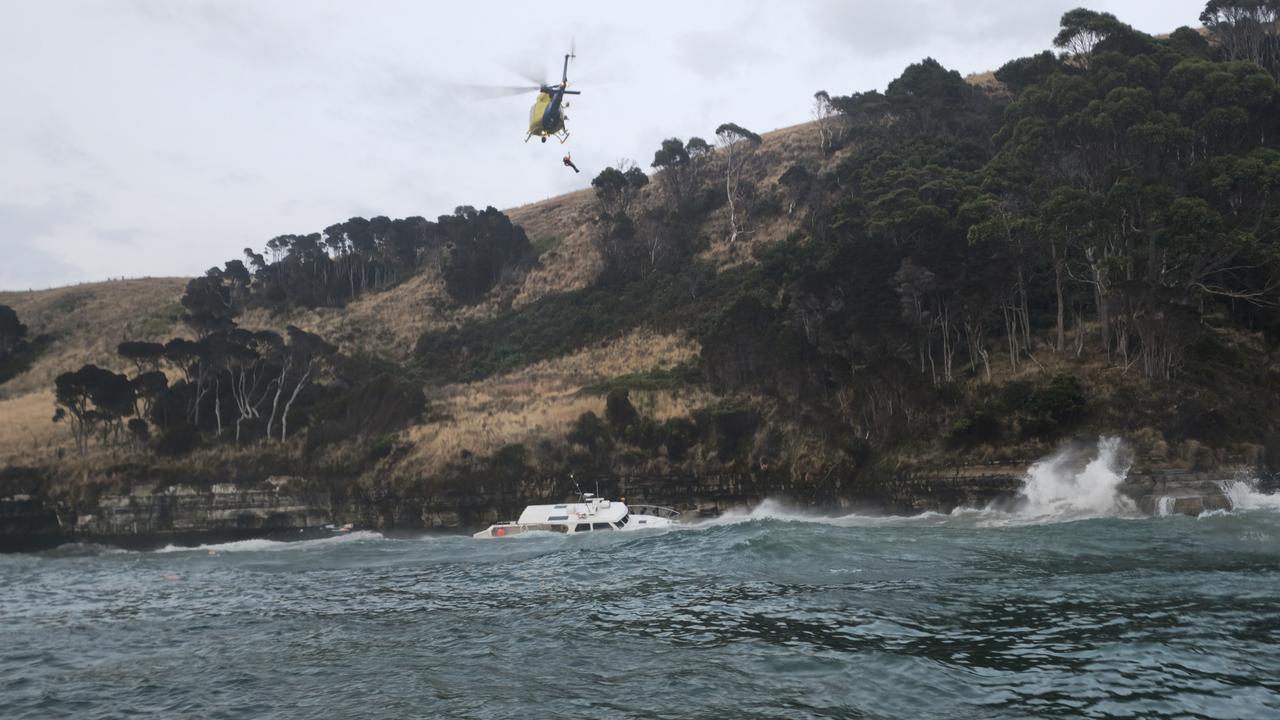Covid takes bite as uni weathers storm
The University of Tasmania’s surplus slumped significantly last year as Covid-19 hit overseas and interstate student numbers, its annual report reveals. FULL REPORT >>
Tasmania
Don't miss out on the headlines from Tasmania. Followed categories will be added to My News.
- UTAS budget blues: Challenges are ‘real and pressing’
- University of Tasmania to find tens of millions of dollars in savings each year
THE University of Tasmania’s surplus slumped by 75 per cent last year as the Covid-19 pandemic hit overseas and interstate student numbers, its annual report reveals.
The university recorded a 7.4 per cent drop in revenue from $769m to $712m in the 2020 calendar year and a 0.2 per cent decline in expenditure from $696m to $694m.
The net result was a surplus of $17.7m, down from $72m in 2019. In 2018, the surplus was $119m.
The University is in little danger of becoming insolvent, the annual report shows it holds funds under management valued at $311m, although that amount has decreased by 26 per cent from $422m the previous year.
In the overview, the report noted times are tough.
“Like all Australian universities, much of our financial challenge is in international education,” it said.

“With national borders closing in 2020 and likely to be highly controlled for a long time to come, we will see fewer international students in the years ahead.
“State border controls also reduced the arrival of interstate students last year, further impacting our revenues.
“Even before the significant impact of COVID-19, we were committed to a path of sustainability knowing full well it would be tough.
“Despite the size of the challenge, we remain determined to address it in line with our values with the objective to become a sustainable operation by the mid-2020s.”
The number of high-flyers at the university continues to fall, six executives were paid more than $375,000 in 2020, down one on the year before.
The most highly-paid — Vice Chancellor Rufus Black — received around $979,000.





